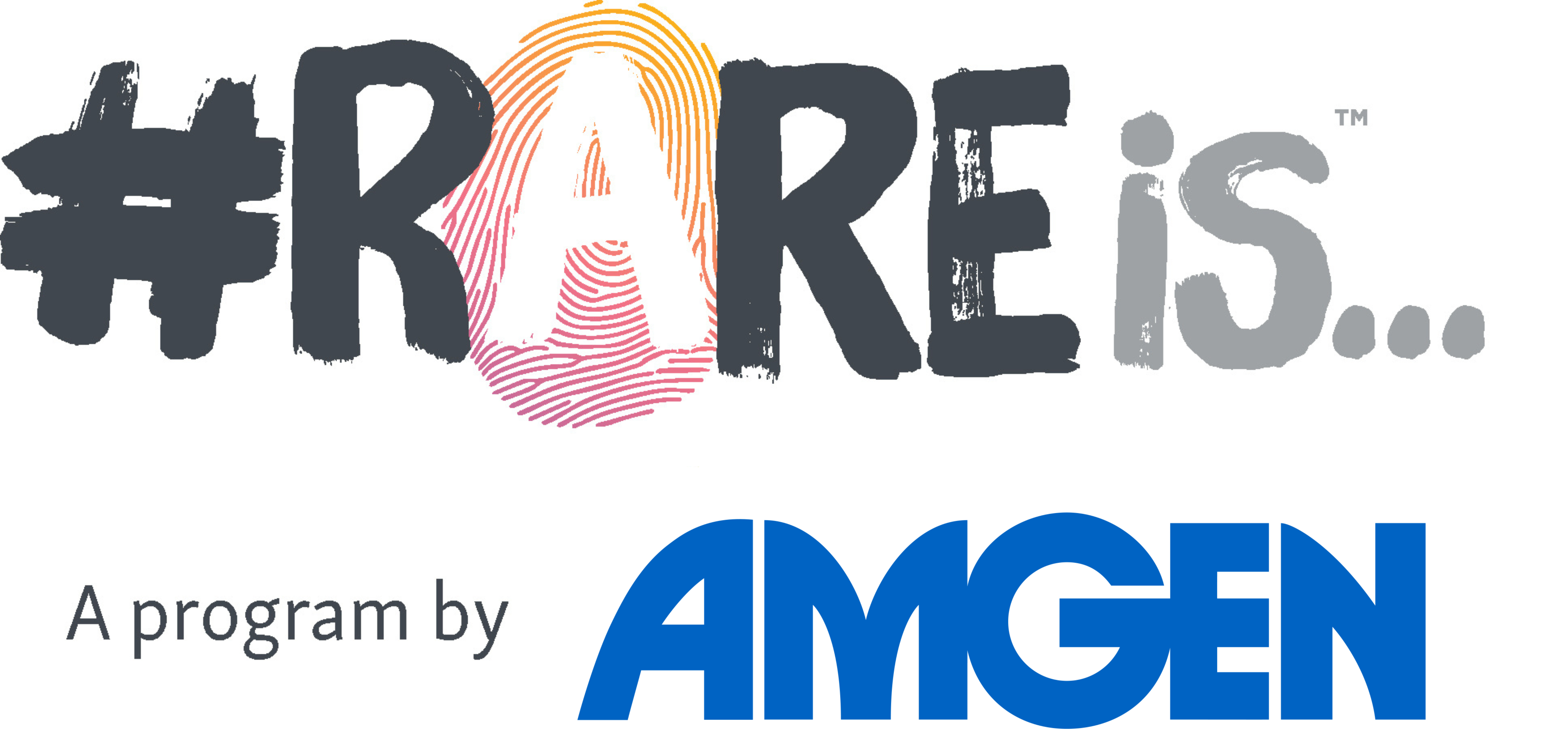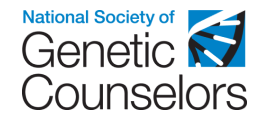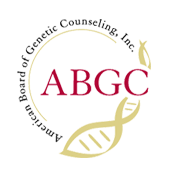Genetic testing comes with important considerations that you may want to discuss with your family and loved ones. As you learn information about your own genes and DNA, these results may also impact your family. Whatever questions you may have, help is available to support you throughout this important part of the journey.
Genetic testing can be beneficial for many families, particularly those who have been struggling to find an answer to their health questions for some time.1 However, there are potential concerns that may need to be discussed with family members, especially if you have received a new diagnosis. Your genetic test results may provide important information for your loved ones who can then make more informed medical decisions about their own care.
The content in this section may not be applicable in all countries. Genetic testing regulations vary and in some instances may only be carried out at the request of the court, or by a doctor for medical or scientific research purposes.
Why might I need to discuss genetic testing with my family?
Some reasons to consider these types of tests include:1
- Personal and/or family history of genetic disease
- Multiple family members with similar symptoms/features without a specific diagnosis
- Multiple congenital anomalies/birth defects
- A newborn screening result suggesting possible genetic disease
- A history of multiple miscarriages and/or stillbirths
- An unexplained infant death
- Incidental or secondary test finding
- Routine carrier screening
- New disease diagnosis or health-related concern that may be associated with a genetic condition
What might a genetic test tell us?2, 3
A genetic test is likely to reveal one of four things:
- A diagnosis (following symptoms)
- If a person has an inherited disease (before symptoms)
- If someone is a carrier for a genetic disease (click here for more information on being a rare disease carrier)
- If a person has an increased risk of developing a disease
Tips for discussing genetic information and testing with family members
It can be hard to anticipate how your family members may respond when you approach them about your genetic testing. Some may find it helpful and appreciate you sharing while others may feel anxious, angry, or scared about the new information. You know your family best. It may be helpful to discuss your concerns about sharing information with family members with a genetic counselor who can provide support. To learn more about genetic counselors and their role on a health care team, click here.
Before sharing health care results with a family member, it is helpful to consider these questions:
- Who may be at risk for this condition? Is one side of your family or both sides affected? Does the genetic condition affect men or women or both?
- What information is important to share? Whether it is the genetic result, how to find a genetic counselor, potential treatment options, or how they should consider thinking about insurance options, it’s best to prepare ahead what is important to share and provide resources for your loved ones.
- How should I share this information? Every family member is different and communicating important information in person, by phone or by email might impact how a message is received. Before sharing, consider how each individual would appreciate hearing about this information. While sharing results, it is important to also share contact details for your genetic counselor so they can directly contact a specialist for any questions or concerns.
Support from a genetic counselor can also help prepare you for difficult conversations with family members. To locate a genetic counselor, use the “Find a Genetic Counselor” tool on the National Society of Genetic Counselors website or the search engine on the American Board of Genetic Counseling website.
How do I discuss genetic testing with my child?
The field of genetics and the concept of inherited diseases is highly complex and may be difficult to understand, particularly for young children. However, there are resources available for families considering discussing this information with their children. Genetic counselors are trained to help you work through these discussions.
GeneEd Web explores the role of DNA, genes and chromosomes through games, videos and experiment ideas.4
References
- Global Genes (2014) Genetic testing: Is this my path to diagnosis? Available at: https://globalgenes.org/wp-content/uploads/2014/05/GG_toolkit_seven_web.pdf. Last accessed November 2020.
- National Society of Genetic Counselors. About Genetic Testing. Available at: https://www.aboutgeneticcounselors.org/Genetic-Testing. Last accessed November 2020.
- U.S. National Library of Medicine. What do the results of genetic tests mean? Available at: https://medlineplus.gov/genetics/understanding/testing/interpretingresults/. Last accessed November 2020.
- GeneEd Web. Available at: https://ghr.nlm.nih.gov/resources. Last accessed September 2020.
Thank you to the following organizations that provided strategic guidance on our genetic testing topics: Global Genes, Permanente Medical Group – Genetic Movement Disorder Clinic, Our Odyssey, One Rare and Remember the Girls.




